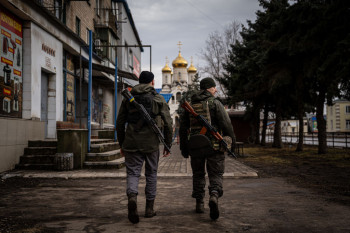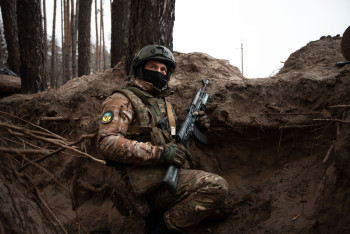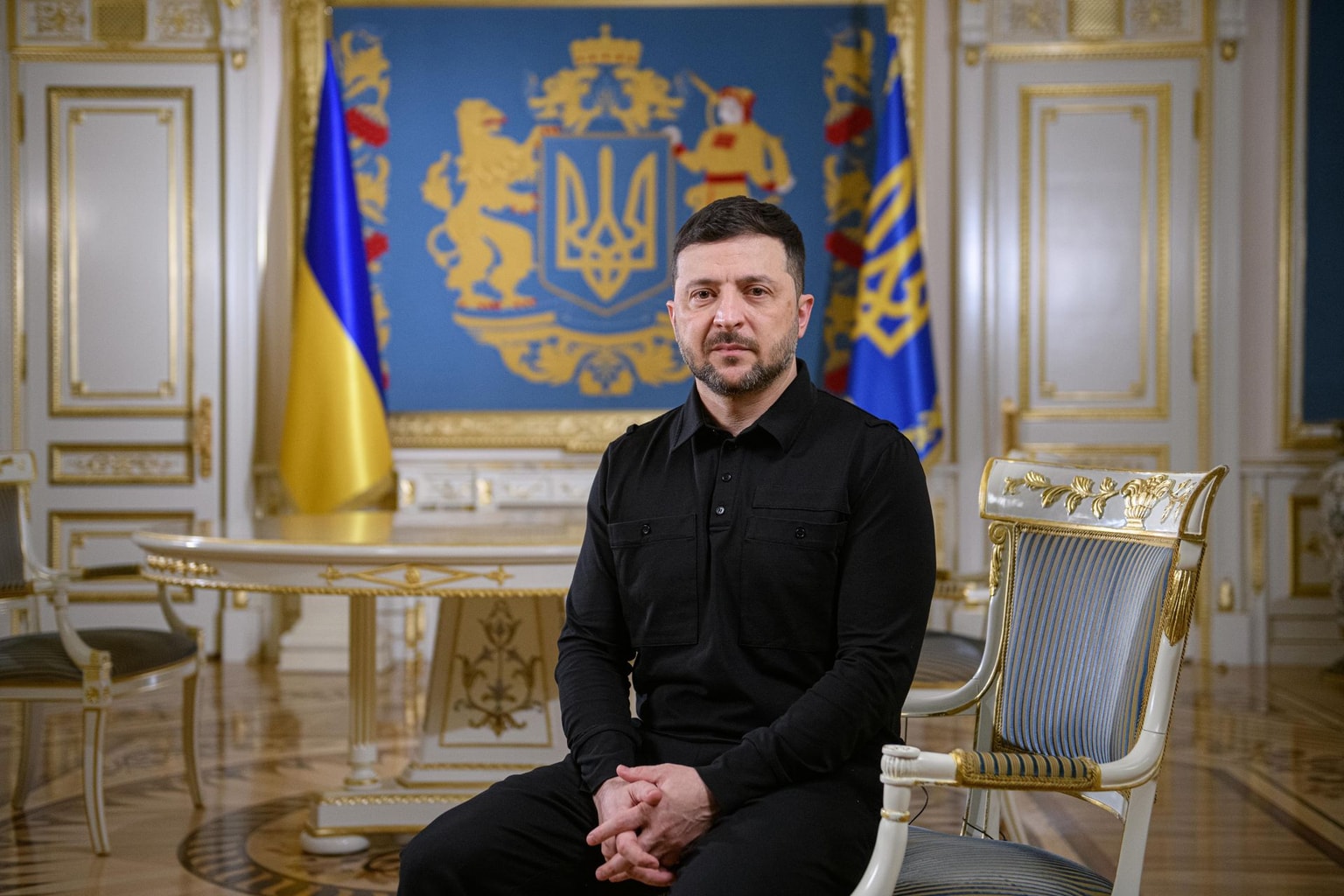ISW: Russian forces unlikely to ‘generate operational effects’ if they capture Bakhmut
Russia “lack(s) the capability to exploit the tactical capture of Bakhmut to generate operational effects,” the Institute for the Study of War (ISW) said in its daily report on March 7.
According to the ISW, Russian forces may also be missing the “mechanized forces necessary to advance beyond Bakhmut, adding that the “tactical ‘assault detachments’ used in assaults against Bakhmut are likely unable to conduct maneuver warfare.”
The American think tank noted that mounting casualties among Russian troops, as well as the “devolution of Russian force structure toward small assault detachments,” may hinder the advance of Russian forces should they capture Bakhmut.
Despite Russia throwing more Wagner mercenaries into Bakhmut, Ukraine has decided not to withdraw from the city.
Russian forces will have an "open road" to seize other critical settlements in eastern Ukraine if they capture Bakhmut, President Volodymyr Zelensky told CNN, reiterating his bid to continue the city's defense. On March 6, Zelensky stated that a decision was made not to withdraw from Bakhmut, Donetsk Oblast.
"This is tactical for us… after Bakhmut, they could go further. They could go to Kramatorsk, they could go to Sloviansk," Zelensky said in an interview from Kyiv. "That's why our guys are standing there."
Ukraine reinforces the troops currently defending the eastern city from Russia's relentless attacks.
According to the March 7 British Defense Ministry's update, Ukrainian forces have 'likely stabilized' their defense perimeter in Bakhmut.
Deputy Prime Minister Iryna Vereshchuk said on national television on March 7 that 4,000 civilians, including 38 children, still remain in Bakhmut.
On March 7, the government ordered a mandatory evacuation of families with children from front-line settlements.
According to the Ministry of Reintegration, a parent or legal guardian must accompany children evacuated from active combat zones. Parents are not allowed to refuse, the official decree reads.











